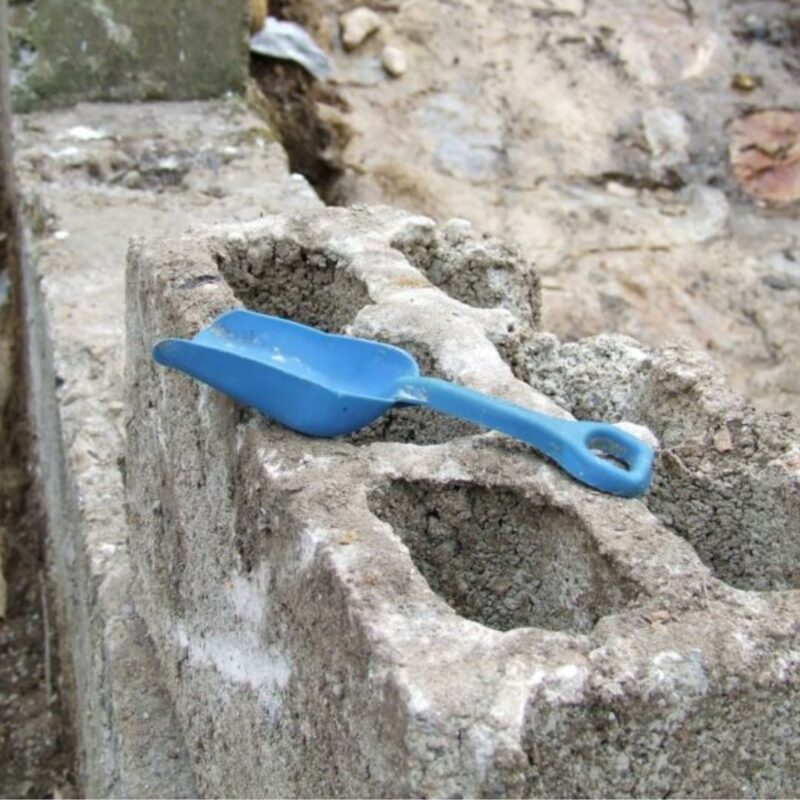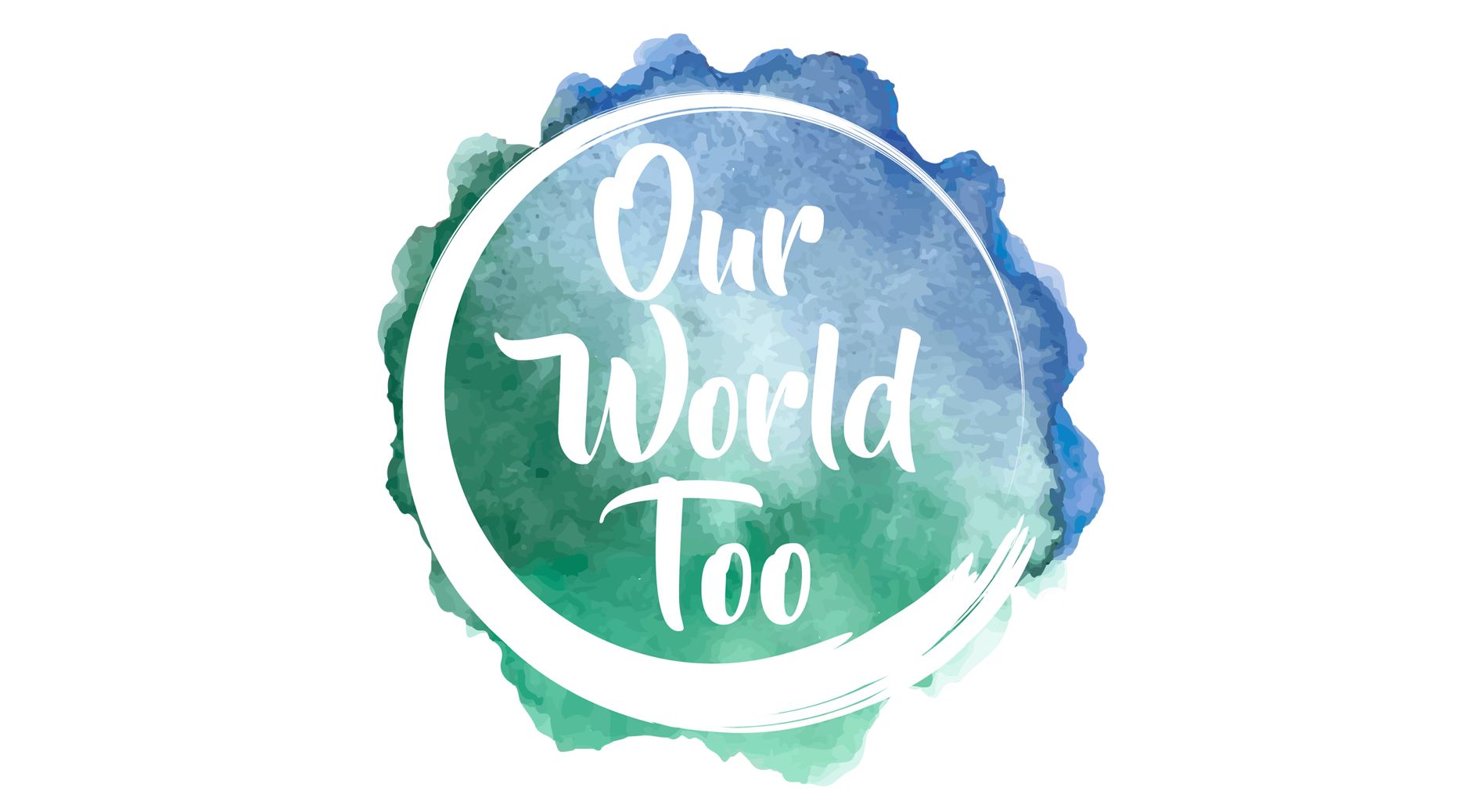Genocide is happening now
When Srebrenica fell, my father and I were chased down to the battery factory. There were trucks and buses waiting to transport us, and my father was taken away in front of me. The last time I saw him he had been standing on a trench by the road holding my red hooded jacket.
We had spent the previous 3 years running and trying to find safety. I was 4 when a Serb neighbour warned us an attack on Zvornik was imminent. My parents ran around the house collecting items and saying we need to leave. So, I got myself ready without the help of my parents and ran into the yard to wait for them. My mother was surprised and asked who had tied my laces, I said I had done it because we needed to leave. We ran up the hill behind our house, the dew was heavy on the ground and by the time we reached the top, my clothes were soaked. We had to sleep in tree trunks in the forest near our village and we saw our houses being robbed and burnt. We watched as the 99 Muslims who decided to stay, because they believed their neighbours wouldn’t hurt them, were hauled towards the community centre where they were detained, tortured and raped. In that moment I understood there was no going home.

In Srebrenica it felt like we finally belonged. The town was mostly full of refugees from the surrounding areas. When people spoke, we understood because they had similar experiences to us, we all shared the same tragic destiny.
Over the next year or so we moved around villages in Eastern Bosnia trying to find refuge before finally heading to Srebrenica. We hoped our family friends might welcome us to their homes, and luckily, they did. In Srebrenica it felt like we finally belonged. The town was mostly full of refugees from the surrounding areas. When people spoke, we understood because they had similar experiences to us, we all shared the same tragic destiny. My mother and I liked to say we had a common understanding, despite all the hardships in Srebrenica we wouldn’t have minded if it had lasted longer because we were together as a family. But it didn’t. The scene from Zvornik repeated again in Srebrenica and we had to leave again.
My love for books started in Srebrenica, I remember entering the small attic and seeing rays of light shining on a heap of books. I was so happy; I didn’t know what to choose. I was 7 and I remember the first book I read was The Little Prince and I discovered all these worlds and emotions. Reading was my escape from the suffering around me. When we ran, I tried to take my books with me, but my mom stopped me. It was a huge blow to me; those books were my little victories. I wasn’t angry though, I just told her that if these aren’t important give me something that is, she filled my rucksack with clothes instead. I kept an eternal longing for those books in my heart, and my soul wanted to recover from the defeat of losing those books. As soon as I could, I bought the books again. I focused on recovering the books because I couldn’t recover the loss of life, but I don’t like that phrase because the guilt is placed on us, the lives in Srebrenica, they were stolen.
The moment Srebrenica fell we ceased to be humans, we became victims, widows, rape survivors, torture survivors, refugees – our humanity was stripped away. We were never acknowledged as humans capable of feeling other emotions aside from despair, pain and dark emotions.
The day after my father was taken away a relative in Tuzla gave us roasted chicken. I was dumfounded. I knew it was roasted chicken and that it was food, but I was shocked seeing it. I was shocked by the events of the previous day and my cousin had to instruct me on how to eat it. I had an empty gaze, I felt paralysed. When I saw the chicken, I was so surprised to learn that tasty food existed after everything that had happened.

I went back to Zvornik 20 years after the war and tried to rebuild our house. When they were digging through remnants of the house, the builders dug out a plastic toy shovel. A young man ran happily towards me showing me the toy. That blue shovel is the only thing I have for sure that I played with as a child and it survived. When I saw it, I felt like I was in a vacuum, all my memories, emotions, everything was floating around and materialised right in front of me. It was like magic.
The moment Srebrenica fell we ceased to be humans, we became victims, widows, rape survivors, torture survivors, refugees – our humanity was stripped away. We were never acknowledged as humans capable of feeling other emotions aside from despair, pain and dark emotions. The first face you would meet someone with is a label, as a torture or rape survivor but there is a human being behind these labels who make mistakes. Give them the benefit of the doubt, people are capable of laughing despite their pain, their existence is not justified through this experience. We are defined by our future not our past.
I feel like once you’re a refugee, you’re always a refugee. You hang on to this other part of your identity and you are never acknowledged as a participating equal member of the community. As an example, my aunt was 7 months pregnant when Srebrenica fell, and the baby was delivered in Tuzla. The identity of refugee was immediately attached to the baby because a refugee mother delivered her. In Tuzla, the people we stayed with held onto their identities and gave themselves the right to give the baby an identity as a refugee. The baby never saw Srebrenica and the only time she “met her father” was when she was 13 years old, at his funeral after his body had been found, but she still carried the stigma of Srebrenica.
Bosnian refugees had to endure the hatred of their neighbours; refugees now have to endure the hatred of the entire world.
I feel it’s worse for refugees now, we weren’t stigmatised racially because we were white Caucasians – it wasn’t a shock for Germans and Swedes because we used to go and work for them. There is an increase in racism, orientalism and Islamophobia. Bosnian refugees had to endure the hatred of their neighbours; refugees now have to endure the hatred of the entire world. I see these refugees around Sarajevo, and I can empathise with them. It isn’t just me they are dealing with its the whole world systematically organising itself to fight and repel them.
People always discuss genocide as a risk that might happen in the future, they always think it’s a future problem. But the risk is now and we can’t be blind to the risks of genocide, it’s happening now in Palestine, to the Uyghurs and the Rohingyas but it is never discussed like it’s in the present, it’s always a ‘future’ problem or ‘it might never happen’. As a survivor of Srebrenica – its only talked about on one specific day but during those few days we need to tell people about the genocide, but we must also remind people that genocides continue to happen today.
